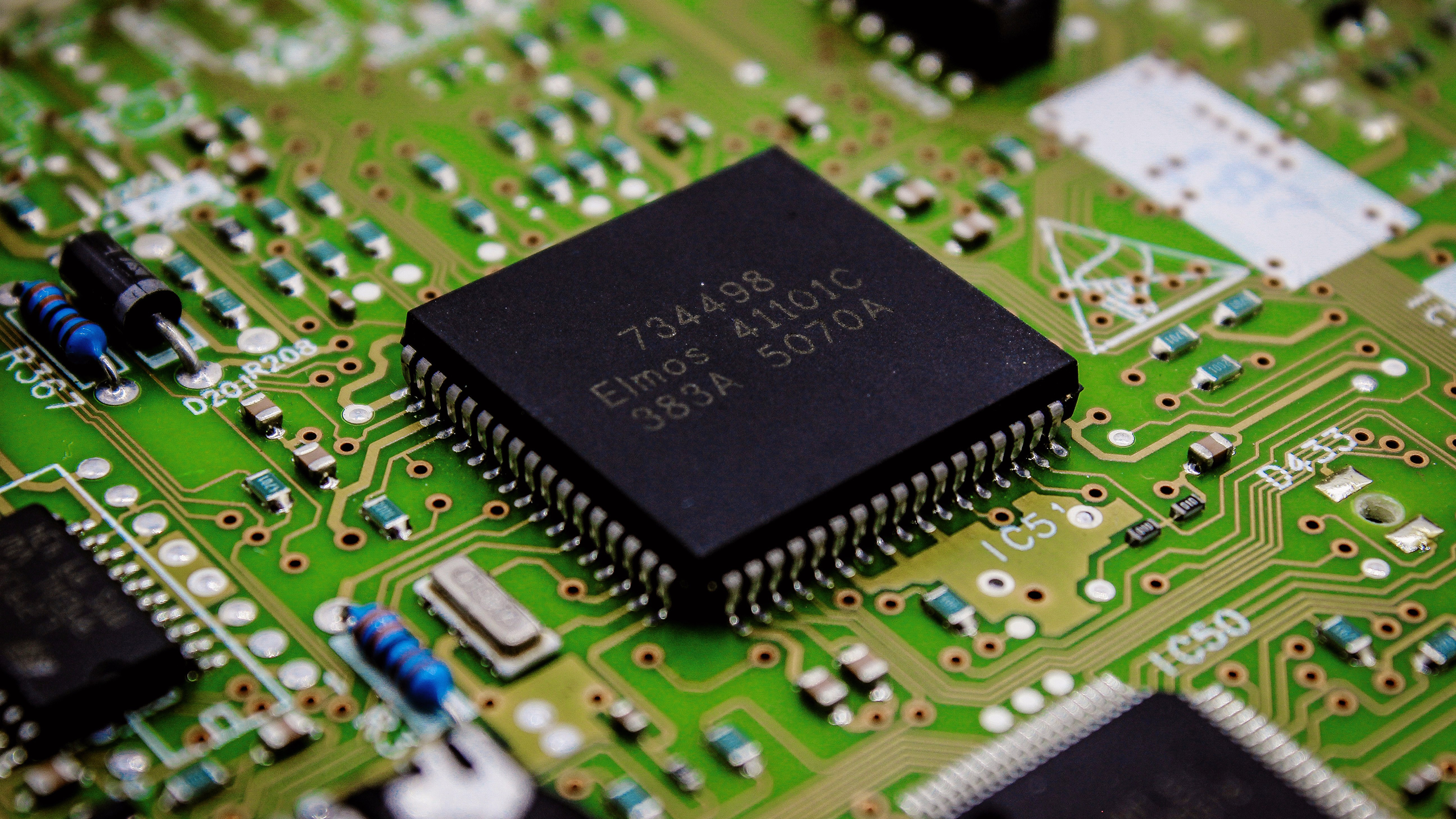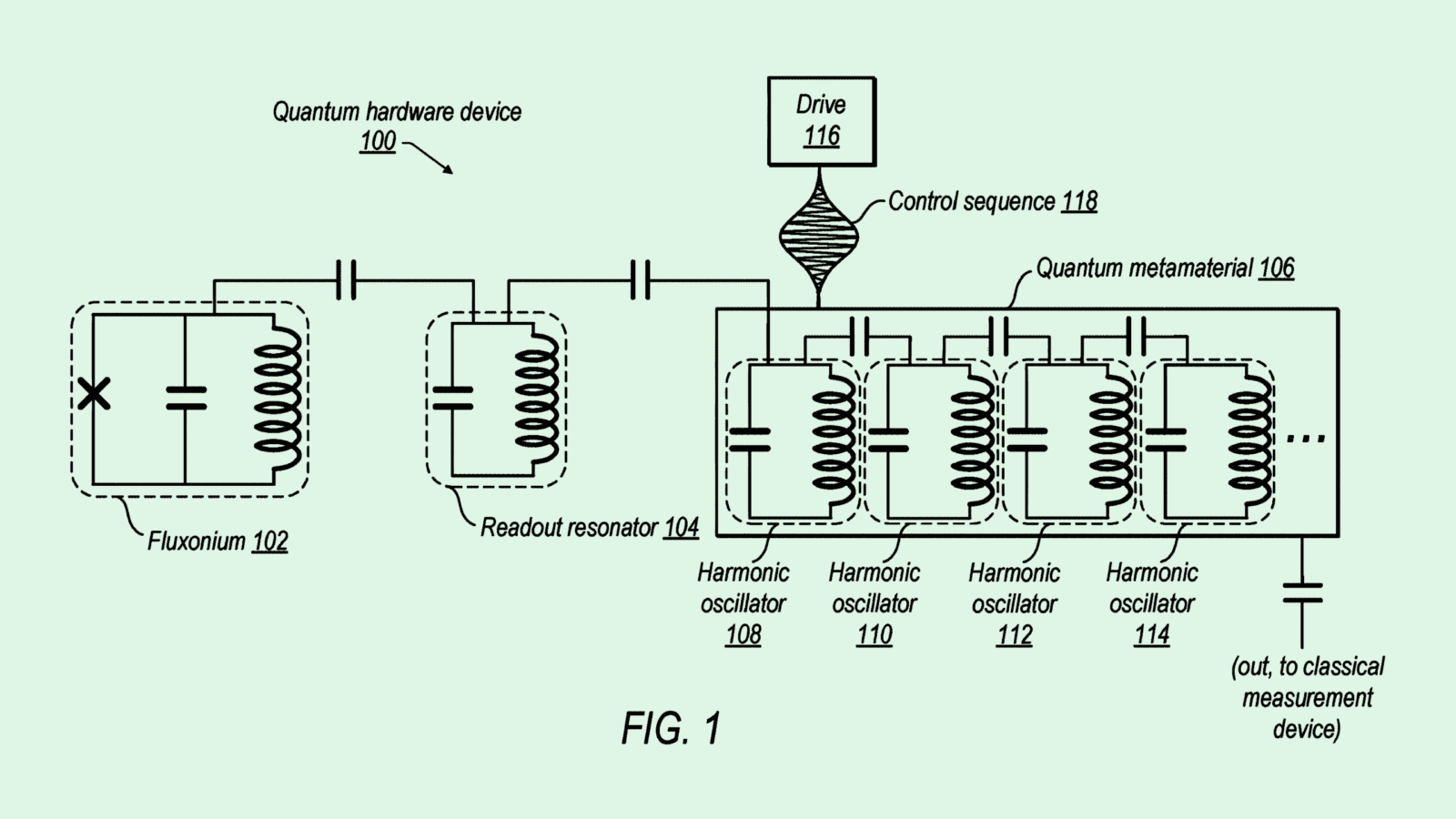TSMC To Halt Shipments to China
Imposing export controls on high-powered computer chips is easy, but enforcing them is much harder. Just ask TSMC.

Sign up for smart news, insights, and analysis on the biggest financial stories of the day.
Whoops, how’d that slip through?
US sanctions have been designed to keep high-powered computer chips from entering China, but last month one of TSMC’s chips was discovered inside a processor made by the Shenzhen-based Huawei. Now, according to a Reuters report this weekend, the US government has ordered the chipmaker to halt orders of advanced chips to the country starting Monday.
TSMC You Later, China
US rules do not ban TSMC from selling all chips to China, just those that are high-powered and could be used for advanced artificial intelligence purposes. But while imposing export controls on high-powered chips is easy, enforcing them is much harder. That’s because TSMC makes chips based on customer designs, and experts say that chips are so complex it can be difficult to ascertain their power based on design alone.
In October, a teardown of a Huawei AI processor by research firm Tech Insights found one of TSMC’s high-powered chips. TSMC then flagged the discovery to the US Commerce Department, claiming it was unsure how the chip made its way into the China-made hardware. The incident has raised enough of a panic to spark even more stringent export controls:
- Following the notification, the US Commerce Department ordered TSMC to impose even more beefed up restrictions on certain chips, a source told Reuters. TSMC has told Chinese clients it is suspending shipments starting Monday, and will introduce a tighter review process on designs likely to involve the US government, sources told the Financial Times.
- That likely means an even bigger dent to its business. The share of TSMC’s revenue from China has fallen from around 20% in 2019 to 12% last year amid the increased export controls (the company still generated around $9.8 billion in revenue in October alone, it recently announced).
A New Era: For its part, TSMC in a statement insisted it was a “law-abiding company.” The Taipei-based firm operates in accordance with US rules to maintain access to critical US tech. But with a new administration en route that has criticized Taiwan’s chip industry, TSMC’s continued seat at the US table looks slightly in doubt. One source told the FT that TSMC’s cooperation is “designed to underscore that we are the good guys and not acting against US interests.”











